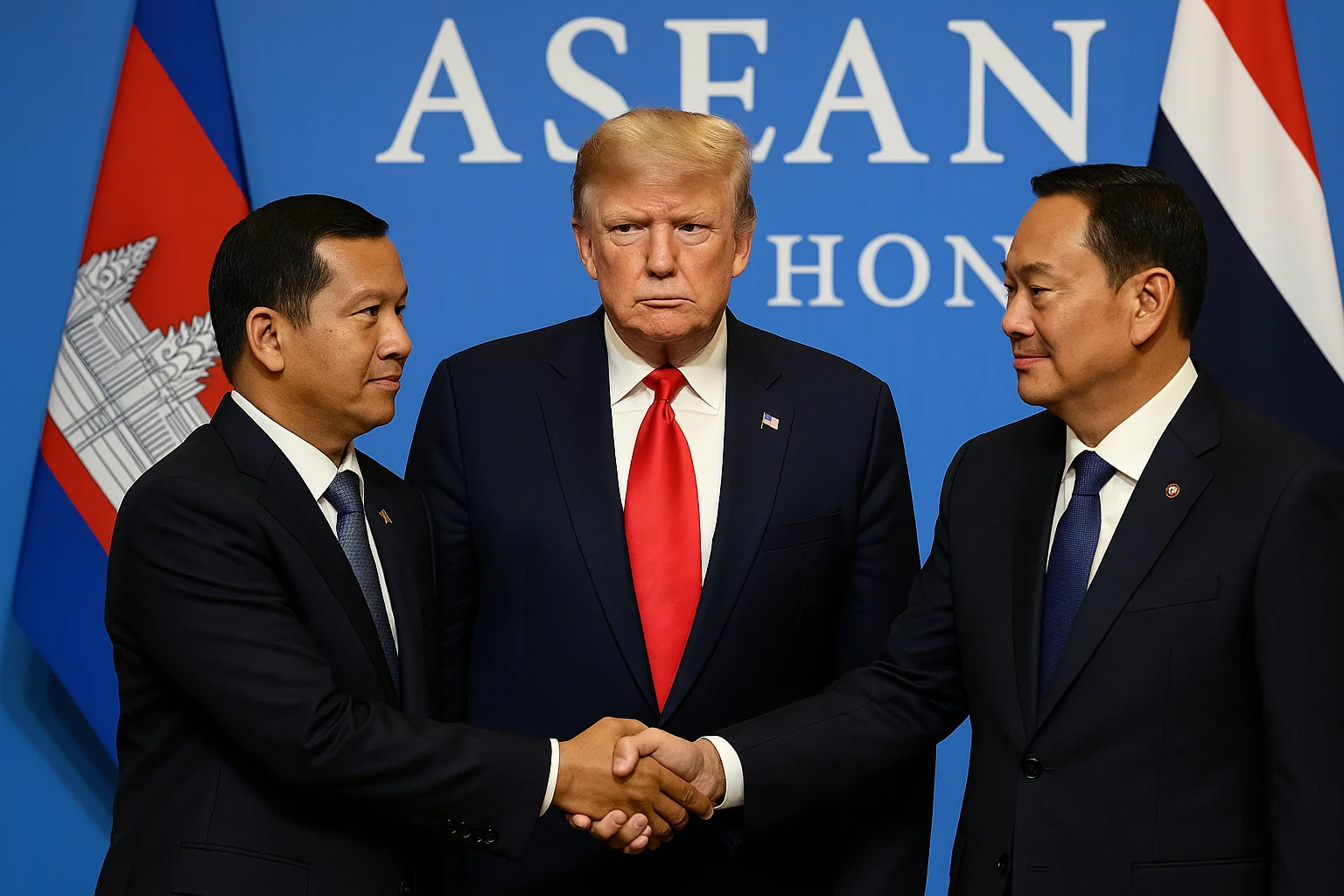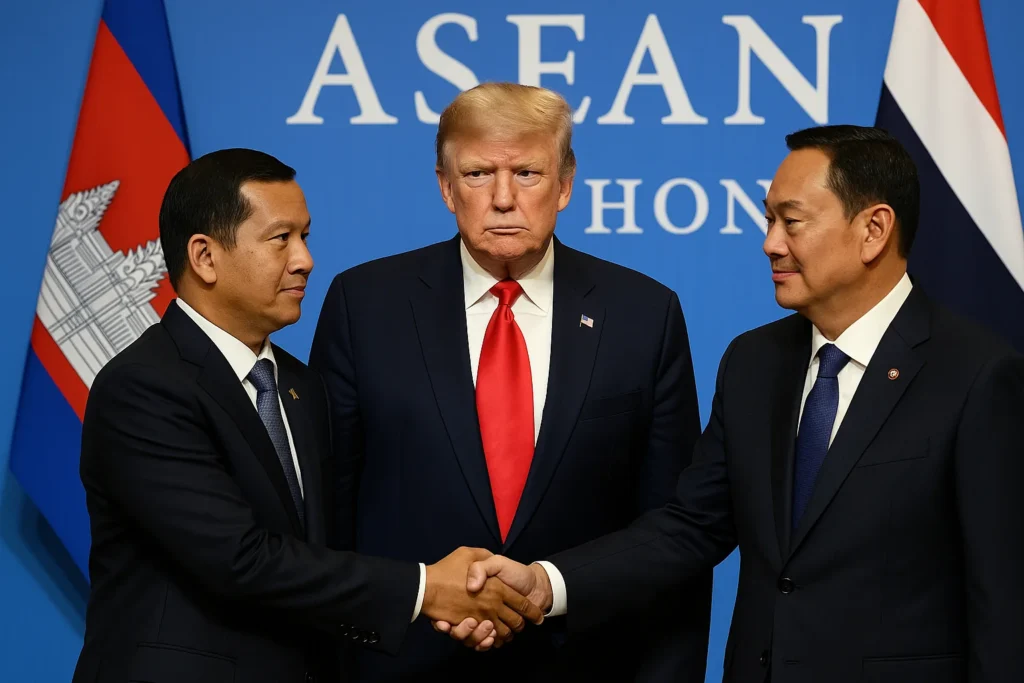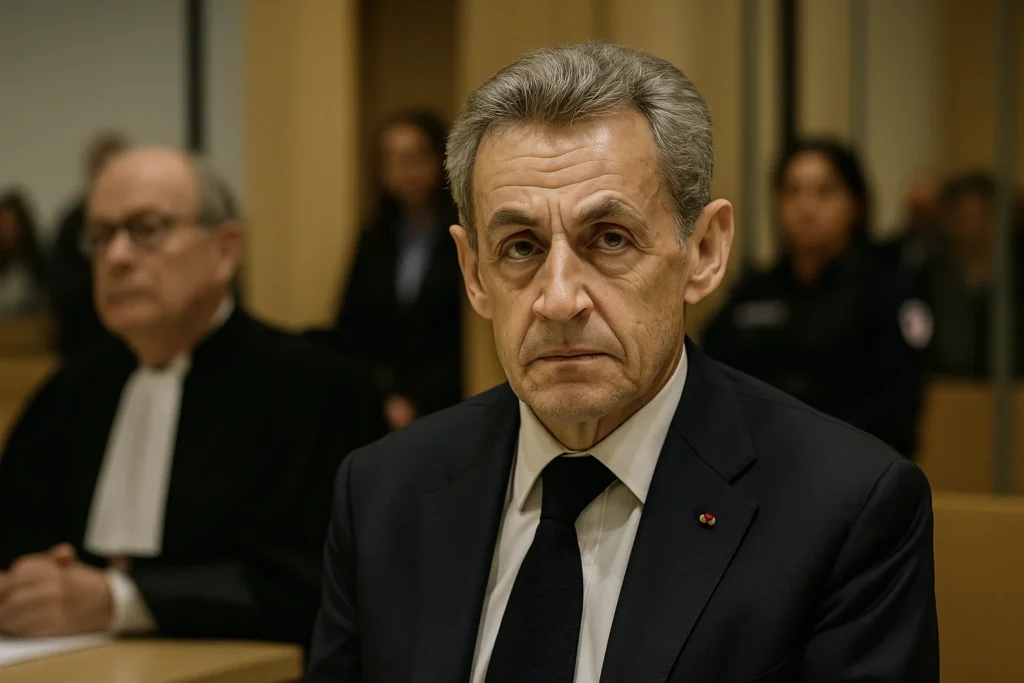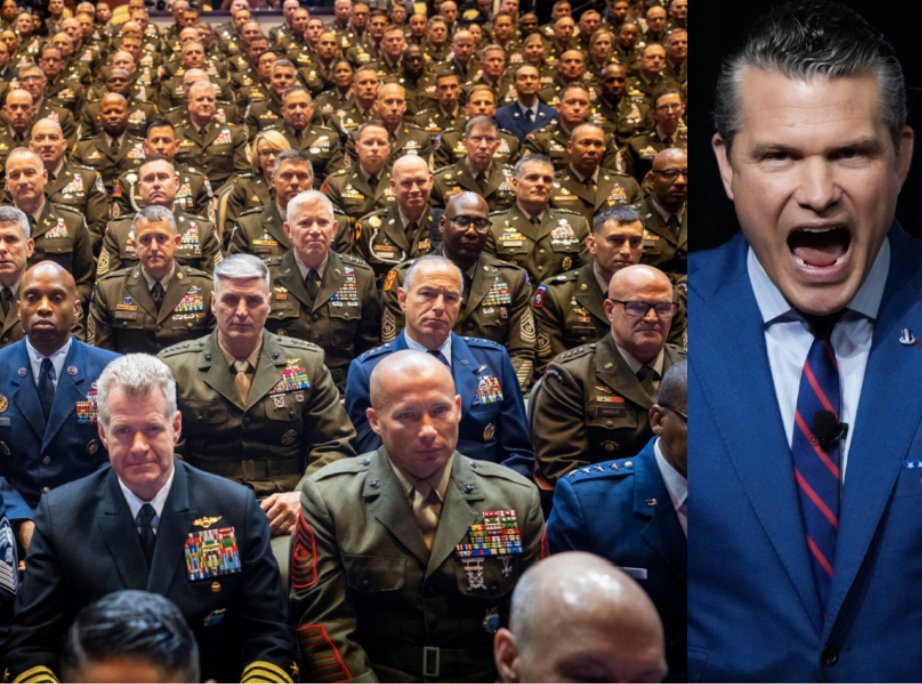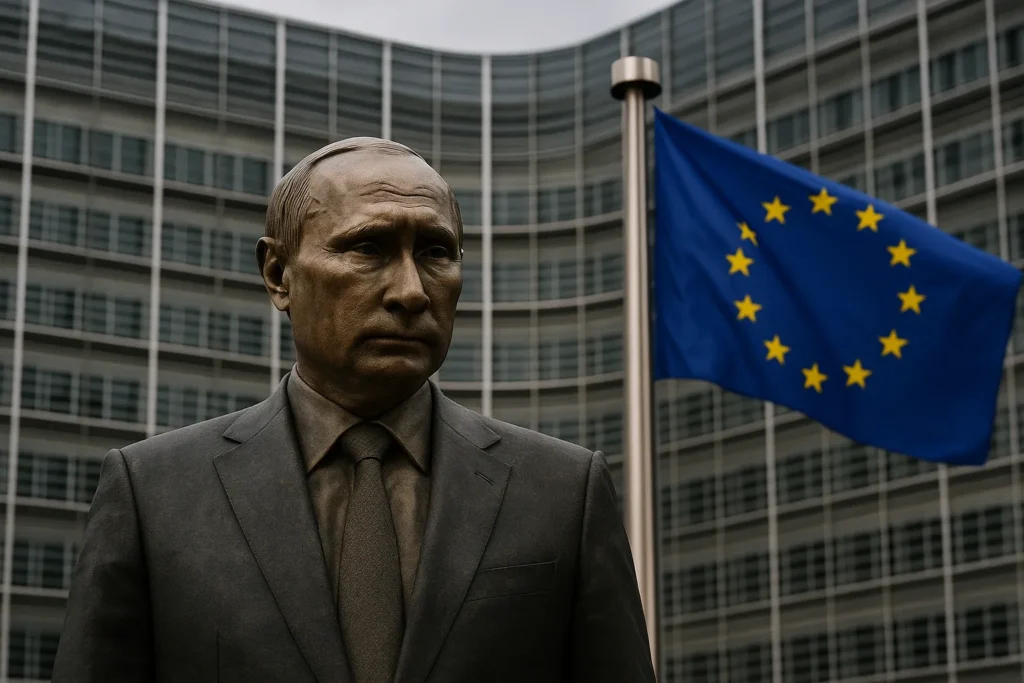Washington Returns to the Asian Stage
Donald Trump thrives on spectacle — and this week he found it at the ASEAN summit. Under his watch, Cambodia and Thailand agreed to open direct negotiations to resolve their long-standing border dispute. It was the kind of dramatic announcement tailor-made for television: two rival nations shaking hands while Trump stood between them, the self-styled dealmaker back on the global stage.
The Trump Cambodia Thailand border dispute initiative was presented as a diplomatic triumph. Behind the scenes, it was also a carefully staged performance. Cambodian Prime Minister Hun Manet and Thailand’s Srettha Thavisin were persuaded to sign a declaration of intent after days of behind-the-scenes U.S. pressure. Trump called it “a great step for Asia,” positioning himself once again as the indispensable negotiator in regions where American influence had waned.
The Legacy of a Century-Old Conflict
The roots of the dispute go back to the early 1900s, when colonial powers drew arbitrary lines between Siam and French Indochina. The Preah Vihear temple, perched on a cliff at the frontier, became both a sacred monument and a national flashpoint. Even after the International Court of Justice ruled in Cambodia’s favor in 1962, sporadic clashes continued for decades.
For Cambodia, the temple’s ownership became a matter of national pride. For Thailand, it was a reminder of lost territory. The two militaries occasionally traded gunfire near the border, most recently in 2011. The new talks — the first direct dialogue since then — offer a fragile hope for stability. But the timing raises questions about motive as much as peace.
America’s Election Diplomacy
Trump’s aides were quick to claim credit. They cast the Trump Cambodia Thailand border dispute mediation as proof that “American leadership is back.” Yet analysts across Southeast Asia see something else: a U.S. administration linking diplomacy to domestic optics.
The United States has struggled to reassert influence in a region now dominated by Chinese investment and infrastructure projects. Cambodia, long a loyal client of Beijing, represents one of China’s most reliable allies in the ASEAN bloc. By pulling Hun Manet into talks mediated by Washington, Trump scored a symbolic victory in his rivalry with China — one that conveniently aligns with his reelection narrative at home.
“Trump’s diplomacy has always been about headlines,” said one regional diplomat. “This was less about the Mekong and more about Michigan.”
Balancing Act in Bangkok
Thailand, meanwhile, plays a careful game. As a U.S. treaty ally with deep economic ties to China, Bangkok has long practiced dual alignment. It relies on American defense cooperation but depends on Chinese trade. For Prime Minister Srettha Thavisin, participation in Trump’s initiative offers short-term prestige and potential investment — as long as it doesn’t provoke Beijing.
Thai analysts warn that U.S.-backed deals often come with hidden strings: defense procurement, trade concessions, or political loyalty. By aligning too closely with Trump’s “America First” diplomacy, Thailand risks entanglement in Washington’s electoral theater.
Cambodia’s Calculated Acceptance
Hun Manet’s government, inheriting his father Hun Sen’s authoritarian legacy, has little incentive to defy China. Yet participating in a U.S.-sponsored agreement gives Phnom Penh something it craves — international legitimacy. Cambodian officials have already framed the Trump Cambodia Thailand border dispute negotiations as proof that their government is “a trusted partner for peace.”
For Trump, this image serves a purpose. By presenting an authoritarian leader as a cooperative statesman, he blurs moral lines while claiming geopolitical success. The White House can now point to a Southeast Asian peace effort as evidence of U.S. relevance, regardless of whether it produces lasting results.
The Fragility Behind the Photo
Peace, if it comes, will not be fast. Mapping, surveying, and legal arbitration will take years. Joint border commissions must reconcile overlapping claims, while both militaries withdraw troops from contested zones. These technical steps outlast any administration — and risk collapsing if political will fades.
Regional observers already note how similar “breakthroughs” in the past disintegrated once headlines faded. Without sustained follow-up, the Trump Cambodia Thailand border dispute could become another diplomatic mirage — a trophy handshake that outlives its substance.
Power, Optics, and Illusion
For Trump, success lies in perception. The image of two Asian leaders shaking hands under his watch reinforces his narrative of strength. It also distracts from critics who accuse his foreign policy of chaos and withdrawal. But the illusion of control is fragile. If peace efforts stall, Southeast Asian leaders may once again look to Beijing, not Washington, for mediation.
What remains clear is that this moment says less about the border than about American ambition. The United States seeks to reclaim its place in Asia not through ideology, but through theater — a stage managed from Washington, starring Donald Trump as global broker. Whether the world keeps watching is another question.
External Links
- New York Times – Under Trump’s Aegis, Cambodia and Thailand Agree to Resolve Border Dispute
- Reuters – Trump brokers rare ASEAN border dialogue
85 views
